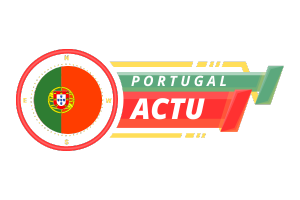
The emergence of Chega and possible alliances
The early parliamentary elections scheduled for March 10The country is at a crossroads when it comes to forming a government. The breakthrough of the far right, notably the Chega party, is forcing other political formations to re-evaluate their strategies and envisage unprecedented alliances.
For the past eight years, Portugal has been under the leadership of the Socialist Party and its Prime Minister Antonio Costa. However, current polls point to a possible shift to the right, with the anticipated victory of the Democratic Alliance (AD), a coalition between the Social Democratic Party (PSD) and the Democratic and Social Center Party (CDS-PP), both affiliated to the European People's Party.
Early elections in Portugal: the emergence of Chega and Ventura
The alternation between socialists and social democrats, an established electoral pattern since democratization in 1974, now seems to be confronted by the rise of the extreme right represented by the Chega party. Polls suggest that this party could double or even surpass the 7.2 % achieved in 2022, and even surpass the 20% mark.
If these projections materialize, Portugal could face a period of political instability, unless compromises between the democratic right and the far right are envisaged to form a majority government.

Luís Montenegro, leader of the right-wing coalition, categorically rules out any agreement with André Ventura's Chega party, adopting a stance that seems inflexible even after the elections. He insists on a clear "no". However, he is open to an agreement with the liberals of Rui Rocha's party, even though they only obtained 4.9 % of the vote in the last national elections.
Some analysts, including political scientist Pedro Magalhães, suggest that despite the public rejection of a coalition with the far right, the PSD could seize the opportunity to return to power after eight years in opposition, even at the cost of collaboration with the far right.
Magalhães highlights the possibility of agreement between the democratic right and the far right, noting that parties in the latter category are often flexible, focusing on specific themes such as "law and order" and "immigration".
Thus, from March 10, Portugal could join other European countries, such as France, Italy and the Netherlands, where the rise of the extreme right is upsetting the established political balance. Portuguese voters are awaiting the outcome of the ballot box with anticipation, aware of the possible repercussions on national political stability.









